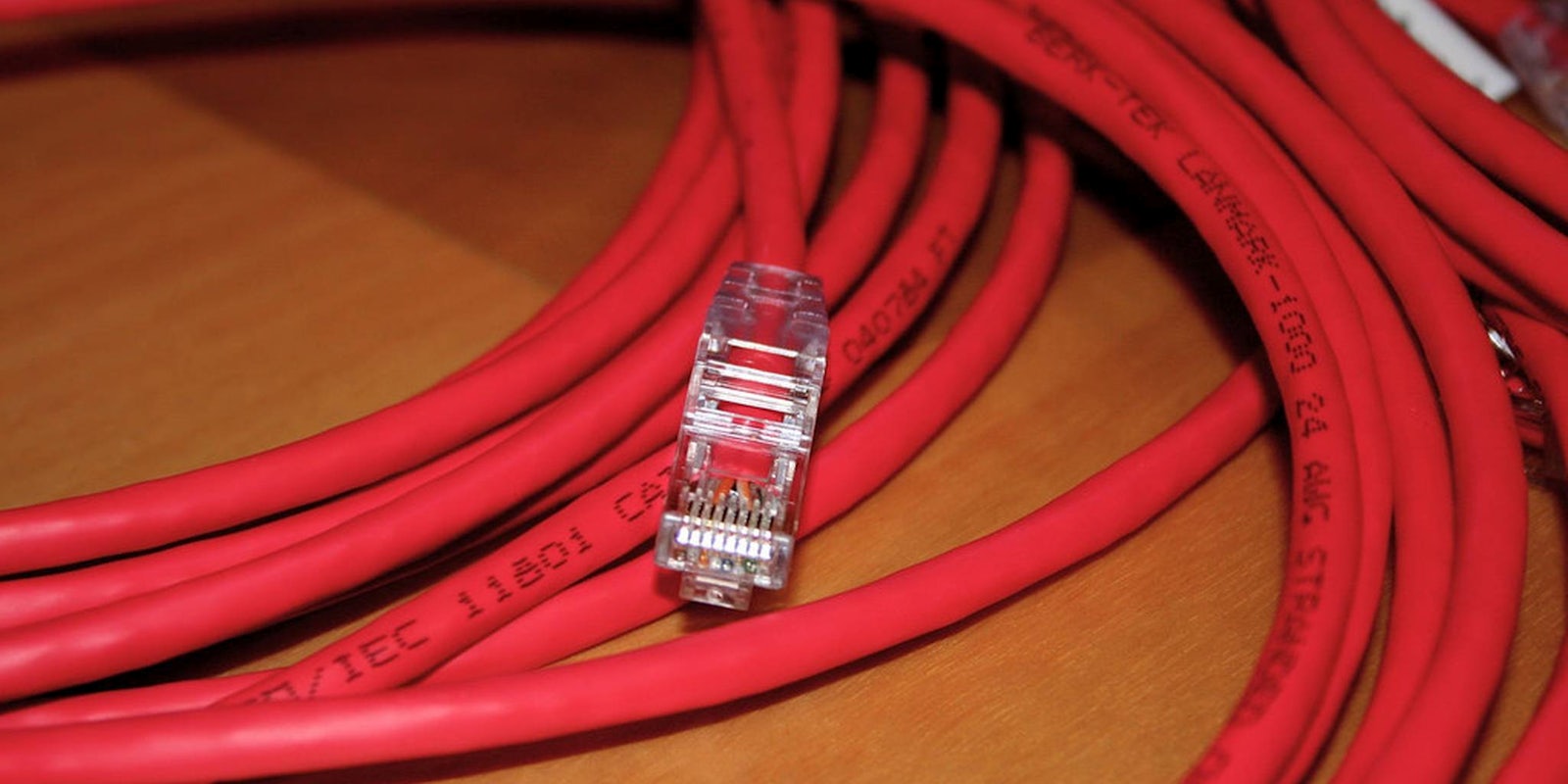The House passed a bill Friday morning to prevent the FCC from regulating what Internet service providers can charge Americans for Internet access.
A concise piece of legislation, the No Rate Regulation of Broadband Internet Access Act reads, “Notwithstanding any other provision of law, the Federal Communications Commission may not regulate the rates charged for broadband Internet access service.”
The bill, sponsored by Rep. Adam Kinzinger (R-Ill.), passed 241-173, with five Democrats voting for passage.
Congressional Democrats and open-Internet groups have sharply criticized the bill, arguing that it is vague and would open the door to telecom-industry lawsuits over FCC enforcement actions unrelated to Internet price regulation.
The FCC is currently scrutinizing the wireless industry’s practice of zero-rating, or excluding certain services from customers’ monthly mobile data caps, which opponents say unfairly elevates those services over competitors that aren’t included in zero-rating programs. Critics of the rate-regulation bill worry that, if it becomes law, ISPs could use it to sue the FCC for blocking zero-rating or other controversial practices.
House Speaker Paul Ryan applauded the lower chamber for passing the bill, saying it “protects Americans’ Internet freedom.”
“There is no authority or need for the federal government to regulate the Internet,” Ryan said in a statement. “Today, Congress took action to ensure that the Internet remains a free market. This initiative blocks unelected bureaucrats in Washington from dictating how people use the Internet.”
The White House said on Tuesday that President Obama would veto the bill if it reached his desk.
The rate-regulation bill is part of a broader Republican attack on the FCC’s net-neutrality rules, which permit the commission to block unfair ISP practices like throttling access to websites or charging extra for faster access to content.
Rep. Greg Walden (R-Ore.), chairman of the House Energy and Commerce Subcommittee on Communications and Technology, said on the House floor before the vote that the 2015 Open Internet Order was “the new environment when you treat the Internet like an old dial-up phone.”
House Democrats offered three amendments to the rate-regulation bill intended to ensure that it would not affect tangential or unrelated FCC activity, but Republicans defeated those amendments before the final vote. One such amendment would add language to the bill allowing the agency to continue regulating activity “in the public interest.”
Walden quickly rose to attack that proposal.
“When you give the bureaucracy wide open language,” he said of the amendment, “it sounds good on its face, but the practical impact for someone who wants to regulate … they go, ‘Well, we think that [it] is in the public interest to bring down [Internet prices] after the fact.’”
FCC Chairman Tom Wheeler had already promised not to use the authority included in the net-neutrality order to tell ISPs what they could charge for broadband access, but congressional Republicans worried about “post-facto” rate regulation, where the commission would, as Walden suggested, fine ISPs for charging rates that it subsequently deemed unfair.
Update 11:38am CT, April 15: Added comment from House Speaker Ryan.


